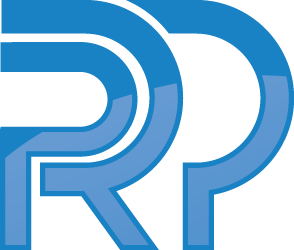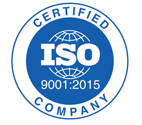Artificial intelligence and machine learning (AI/ML) represents an entirely new paradigm for medical device regulations. Traditional regulations using the PMA, 510(k) and De Novo (risk-based) approaches have been centered around a specific device design with approved specifications, intended uses, and very strict change controls. It was simply not designed for adaptive AI/ML technologies. Also, the idea of Software as a Medical Device (SaMD) continues to grow in prevalence along with AI/ML.
The idea of a device learning on-the-fly and making changes to its own algorithm disrupts the entire logic for the regulatory process. How would one anticipate what the device will do? How would these changes be approved without rendering the very purpose of the artificial intelligence ineffective? One distinction is between locked versus unlocked algorithms that can adapt over time as the latter produces the most benefit, yet also the most risk. An Algorithm Change Protocol (ACP) can provide specific methods to control risks and manage these changes.
In response to this new frontier in both devices and regulations, the FDA proposed a regulatory framework in April 2019 for a total product life cycle (TPLC) approach involving a Pre-Certification program to AI/ML. While that seems recent, the events of 2020 around Covid-19 and the impact on the healthcare industry have completely upended assumptions that could have been made back then.
Another major wave is the use of Big Data where in addition to device-specific data, massive data are now available on demographics that can feed into machine-learning databases. Yet the risk of incorrect data, corrupted data, or disinformation can present unique security and quality challenges to curation of data.
As with all devices, the primary concern is whether it is safe and effective. FDA has proposed risk categories from I (lowest) to IV (highest) and a product life cycle approach to the AI/ML design.
A key aspect of pre-certification for this type of device is the organization´s commitment to a culture of quality and organizational excellence. Another aspect is Good Machine Learning Practice (GMLP) which encourages harmonization of development, consensus standards, data management, feature extraction, training, interpretability, evaluation, and documentation.
This is a very exciting time with many opportunities, yet many risks. Staying on top of developments with AI/ML is critical and will help to prepare stakeholders for the next wave in healthcare.
Are you interested in learning more?



